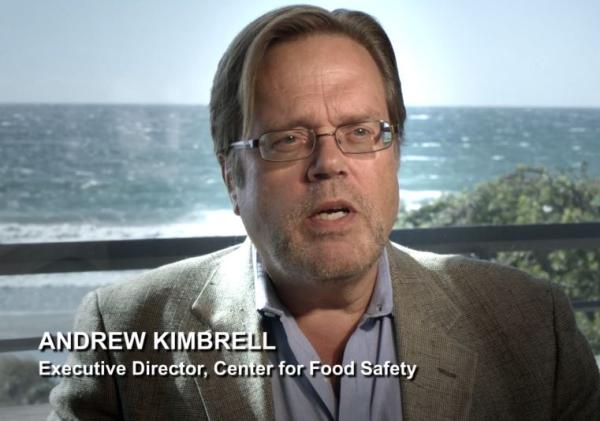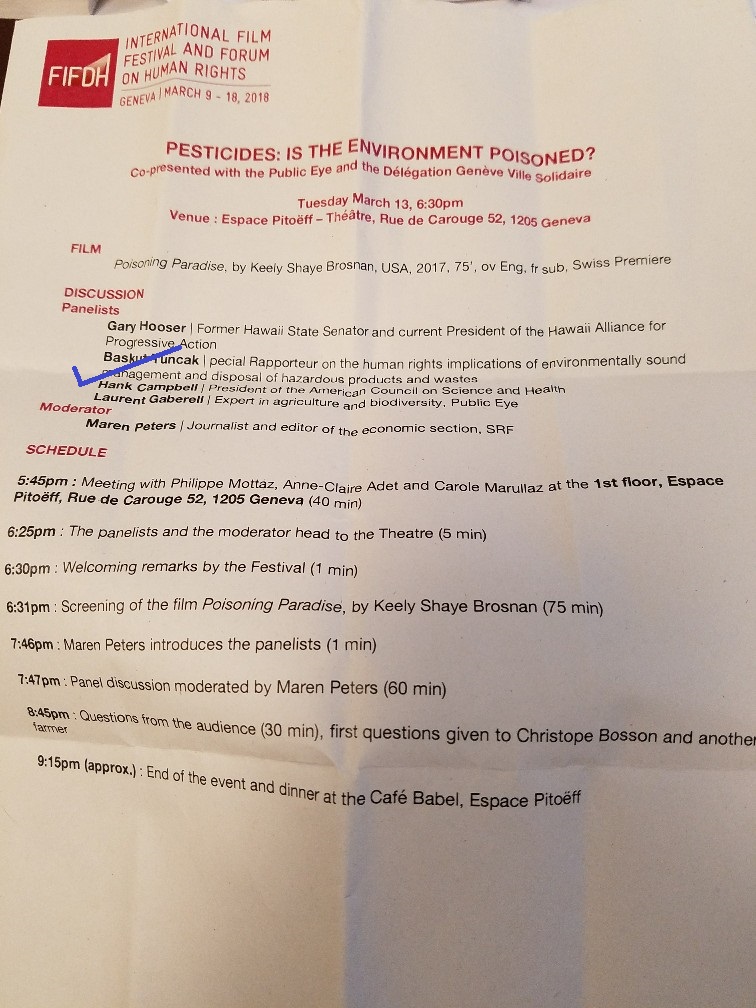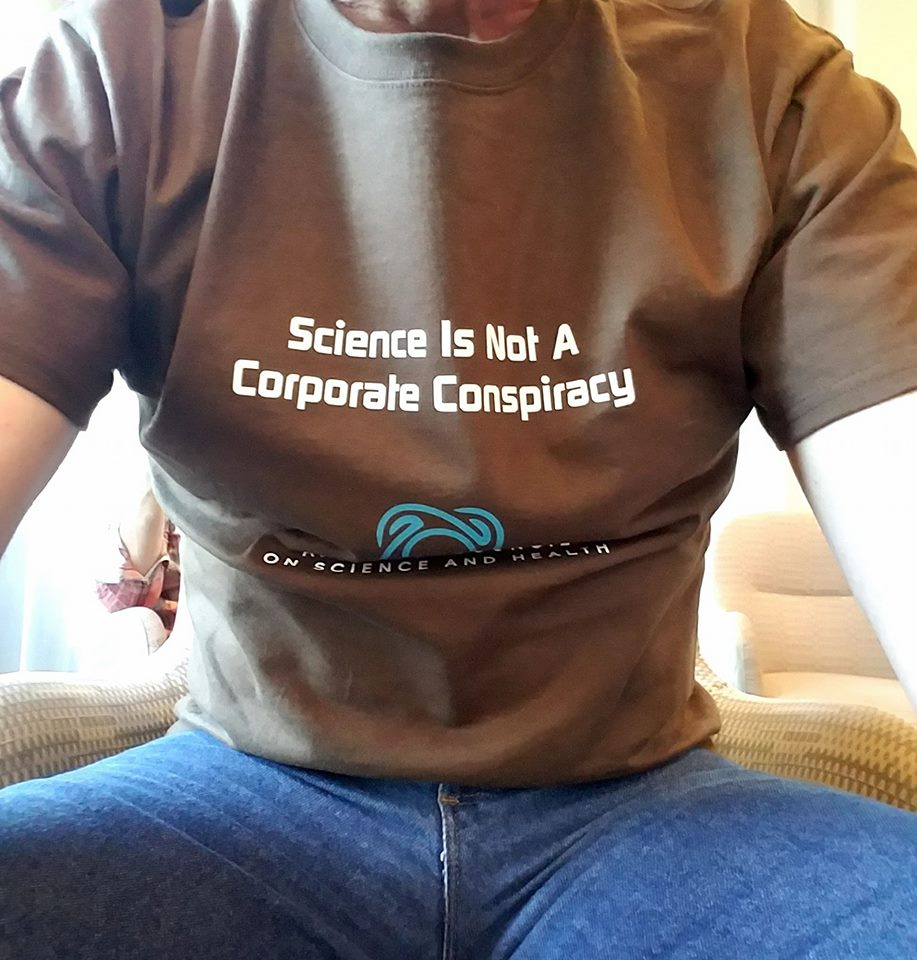
I was on vacation in Europe earlier this week but five days before I left I had gotten an email asking if I might be willing to appear on a panel at a film festival called Festival du Film et Forum International sur les Droits Humains (International Film Festival and Forum on Human Rights), which was scheduled to be in conjunction with the March session of the UN Human Rights Council in Geneva.
I like films, I am all for human rights, and trains are easy in Europe, so it sounded like a fine way to spend a March 13th evening, but then I learned I was taking the place of a corporation called Syngenta (an agricultural science company, so they make seeds and chemicals) that is in Switzerland, and the movie the panel was going to be about was called "Poisoning Paradise." I had not heard of it before, for obvious good reason I would later learn, but their description showed it was a diatribe against agricultural companies in Hawaii.
It's probably not surprising to you that ag companies should not go to these kinds of events but it was surprising to me that a company had recognized that. In the modern era of Corporate Responsibility and Corporate Sustainability, where every company marketing department feels like they must Apologize For Being In Business, most companies were going to send some sacrificial lamb to the slaughter of activists, who were going to stock the audience with their own so they could boo on cue while cameras rolled.

My attempt to get a panorama picture of the audience as they streamed in. There was also a balcony. Though the promoters tried to claim it was 400 people it was about 200, and 25 percent of them were specially invited protesters rather than anyone who believed agriculture was a human rights violation.
"Poisoning Paradise" - a film by trial lawyers to help public opinion force Syngenta to settle a lawsuit that may not even have happened yet. And with a hand-picked panel to help.
When I read the names of the other panelists it became obvious "the fix was in in", to use American criminal slang.
Here is how the organizers described their festival to me in an email: FIFDH "prides itself in being ambitious and yet remain extraordinary welcoming. We want it to be empowering and inspiring. We want you to feel at home while with us, to enjoy the moment and freely mingle with your fellow participants and the public."
It sounds so nice and wholesome. Yet here is their description of the film on whose panel I was supposed to feel welcomed and inspired about as the only representative of Evil Science:
I still wanted to go anyway. But if you are hesitant you would have agreed to go, the other panelists will surely dissuade you from engaging in science outreach:
Maren Peters, a broadcaster on local Swiss radio station SRF, who criticizes Syngenta, Roche, Novartis (basically, all science companies in Switzerland) routinely. She touts herself as an economics expert so why she agreed to collaborate on a smear campaign against science and me personally here is mysterious. It sure wasn't journalism.
Laurent Gaberell, who works for an anti-science group called Swiss Public Eye, formerly the Berne Declaration, which exists to get chemicals banned in Switzerland so it can raise money by doing commercials demanding to know why a company that stops selling products with little revenue in their own home still "export death" to foreign nations.
Baskut Tuncak - UN Special Rapporteur on the human rights implications of environmentally sound management and disposal of hazardous products and wastes - maybe the longest title in the history of the UN, which is already known for being wasterful and inefficient. Basically, he contends that non-organic pesticides are a human rights violation. He also thinks the American government crashed planes into buildings on September 11, 2001, in order to have a reason to declare war on Muslim countries.
Oddly, he was the most sane member of the panel standing against science.
Gary Hooser, who is prominently featured in the film and is suing Sygnenta because he and the chunk of the city council in Kaua'i that wrote a bill to ban GMOs all got voted out of office by the people the lawyers in the film insists are "rising up" against agriculture in Hawaii.
That last part is important information. If you are a casual viewer, they all come across as very earnest but if you have access to Google, you quickly find all of the people listed as "farmer" or "resident" are actually litigants in cases. I don't care that James Bond's wife is listed as the Producer, or that Pierce Brosnan himself is listed as Executive Producer, if you know anything about Hollywood you know they are lending their "name" to a project as their currency (organic people love rich white Hollywood celebrities, after all) their funding role in this was nominal. The bulk of this movie was clearly funded by lawyers and that may be why despite a year of intense marketing effort it has still been such a spectacular failure - such a failure that even companies implicated in the film as being the problem don't even bother to send anyone to defend them. If no one is watching it after a year, there is no reason a company should give it more attention. It also means the organic community is not as gullible as you might think.
If it was not obvious by the halfway mark that the movie is stuffed with litigants and lawyers because it was made by and for litigants and lawyers, the "For More Information" at the end which goes to two litigation groups will be enough to convince you.
So the movie is against science and the panel was against science. To really drive their agenda home, they made sure they stacked the audience with activists too. So much that when their publicity stunts began, the people genuinely concerned about science issues walked out.
And that is important. The people who walked out are why you should attend these events. They are reasonable. They can be reached.
We have to leave our tribes - and rich elites in Geneva booing science are definitely not my tribe
So I knew there was anti-science and anti-corporate framing from the outset, I knew this was being portrayed as a human rights issue though it was really just a litigation issue. Yet I still wanted to go. The panel creators at FIFDH, however, very much did not want me there. That is why they demanded that if I were on the panel I had to be listed as "representing" Syngenta. That was impossible, I wrote them, I know exactly one person at Syngenta and the movie is about pesticides in Hawaii, not one company in Switzerland. I run a non-profit, I do not represent anyone but the American public.They repeatedly insisted I be a "proxy" for Syngenta even when an executive from Syngenta itself told them that was not true, that they had simply asked around for someone who could appear rather than leave an empty chair and embarrass the festival and my name had come up.
Since at heart I am a science journalist I often have to ask the awkward questions that real journalists - not like this panel moderator Maren Peters, who is more of a Swiss version of Liza Gross - would ask, so I did; was there any fee paid by the sponsors (e.g. Public Eye, or whichever law firm paid for former local politician Gary Hooser and his entire family to fly from Hawaii to spend a week vacationing in the most expensive city in Europe) that was contingent on having a specific company like Syngenta there?
Non, non, they insisted, and feigned shock I would even ask such a thing, while suddenly changing tack and immediately agreeing that I did not have to be listed as a "proxy" for the company they really wanted there.
Three days later, for the worldwide public, this is what it still says on their website.
Yet on the printed document the day of the event, which obviously took more work than changing a website but was only going to be seen by a few of us, they are accurate.

This technique of pretending to be welcoming and neutral and compassionate about diverse beliefs and thoughts while really being hatemongers was a litany that was to be repeated throughout the evening. Alexander The Great defeated Darius II of Persia because he got there first and prepared the battlefield. Anti-science groups and the trial lawyers funding them understand military history, and that they are in a war of extinction, far better than scientists and corporations realize. They don't want 'no toxic pesticides', they want no companies.
I was there to be booed. And you know what? That's okay.
Why were they so desperate for an effigy to burn? As I noted, the likely explanation is that the trial lawyers behind this are scrambling due to lack of success. It has been out for a year but it is still only being shown as "pre-release" at obscure festivals like this when anti-chemical activists like Public Eye pay for public showings to try and raise money. Despite being out for a year, they still have not gotten a distributor.
Part of the reason for their failure is that although they spent a fortune on the visual production the content is not compelling. Do I care what some surfer/male underwear model thinks about science? Not really, but maybe rich women in Geneva watching the movie do. Clearly the public in Hawaii that know the truth - it's why they threw the bums in City Council out after trying to ban GMOs - are not watching it. They realize this is yet another 'haole activists from the mainland coming in to cause trouble' effort. They know these lawyers do not care about Hawaii. Perhaps Mr. and Mrs. Brosnan do, if they have vacation plantations there.
The reason I was okay showing up to be booed was because I did not go for the activists or the trial lawyers or the activists planted strategically in the audience. I was there for the people who walked out. And walk out they did when, as I predicted in advance, Maren Peters saw that the audience viewed me as an ethical, compassionate steward of nature instead of being a corporate caricature killing poor people.
As I also predicted in advance, when she did not like my biography, that I grew up on a small subsistence farm, that I worked for an environmental group, and those are all reasons I support science for poor people in developing countries, she would pull out a copy of a Mother Jones article which itemized requests for grants from 20 years before I arrived at ACSH, and demand to know why I lied about being a shill for Syngenta because they have given us scientific grants.
She did just that. Then, I predicted, she would nod at Laurent, who was being handed papers from the front row - the entire front row was all anti-science activists booing each time I spoke - and he would begin to play the crowd by telling them all of the companies who had sent us unrestricted science grants over the last 40 years.
It all went according to their plan. He ranted about McDonald's and Chevron - I have never spoken to or corresponded with anyone at McDonald's or Chevron in my entire life - and I noted for him that none of those had anything to do with me. And they were science grants, not public relations documents.
He insisted they were - he held up another piece of paper and waved it around - and said my name was on it. I asked him to repeat that my name was on it and he did. And I said that was a lie. No, it was right there, he insisted.
Impossible. If my name is in his stacks of paper, he put them there. (1)
And yet the moderator, Maren Peters, asked me each time he read off company names - Laurent is a good showman, he started off reading two, then four, and then 8, to get increasing laughter and boos from his friends in the crowd - if I was going to recant my statement that I was not an industry shill.(2)
Of course I did not. It was a lie. I knew that.
After that, she simply ignored me, but 25% of the audience walked out because they did not like that they were simply being used as dupes for a public relations opportunity, orchestrated by Maren Peters and Swiss Public Eye.
At the end, I forced them (forced because there were four panelists, but only three microphones, you can guess who did not receive one) to give me a chance to talk about human rights - the actual point of the conference - and note that we just celebrated International Women's Day, and women were unfairly impacted by back-breaking agricultural labor in the developing world. Modern science increased their quality of life. It extended their longevity.
More boos - because by then only the activists planted in the audience were left. I was happy that modern science had basically reduced world hunger to such an extent that, as I always say in talks, "for the first time in world history poor people can afford to be fat." (3)
Even louder boos. And I tried to stop them (obviously without success) for a moment to ask why they were in support of hunger and booing anyone who wants to end it?
All of that is on film. Will we ever see it? I hope so, because slander is a crime in the EU and I would love to have a court rule in my favor.
So yes, you should appear at anti-science events, if you have the stomach for it
It's certainly embarrassing to be booed for a solid hour, because my children might watch that some day, but I know that comes with the territory. It is easy to engage in science outreach if I only talk to academics or people in agriculture or medicine or energy. As I wrote earlier, we have to get out of our tribes if we want to grow them.
Could you stomach it? Perhaps, perhaps not. Yet I got an ironic laugh also. After I was booed for wanting to feed poor people in developing nations at a human rights event, all those rich white elites in the first world yelling against science harming Hawaiians enjoyed a glass of wine - a class 1 IARC carcinogen - created using a pesticide, copper sulfate, which is just as toxic as atrazine, the Syngenta pesticide they were there to protest, and munch cheese made using GMO rennet.
So the yelling and the boos and the name calling might not bother you should you appear on this kind of film panel, but the hypocrisy might be more than you can bear.
NOTE:
(1) Because this is just politics and gamesmanship to these people, there were no hard feelings. Maren Peters knew she was a fraud and wisely fled the building immediately. Baskut Tuncak looked disgusted as he witnessed their publicity stunt, and realized his UN title was simply being exploited for their financial gain, and so he did not attend the social afterward. But Laurent stayed around, and I challenged him to show me his document where I am getting checks from these companies. He could not. All he had was a 2009 email from a former employee at ACSH asking Syngenta to help fund one of our science programs. Which Syngenta did not do.
When I then asked that he recant his statement on stage that I was a shill for any corporation, he happily did so, and I recorded it with my phone. He even laughed while he did it because in his mind, the damage was done. His funding agencies were only going to see his accusation and give him a check as a pet treat, they were never going to see his retraction.
(2) The hotel room I was in. Andrew Kimbrell at Center for Food Safety, one of the financiers for the Poisoning Paradise film, flies business class and stays in prestige hotels. I didn't even know a mattress existed that was smaller than a twin, but here it is.

(3)




